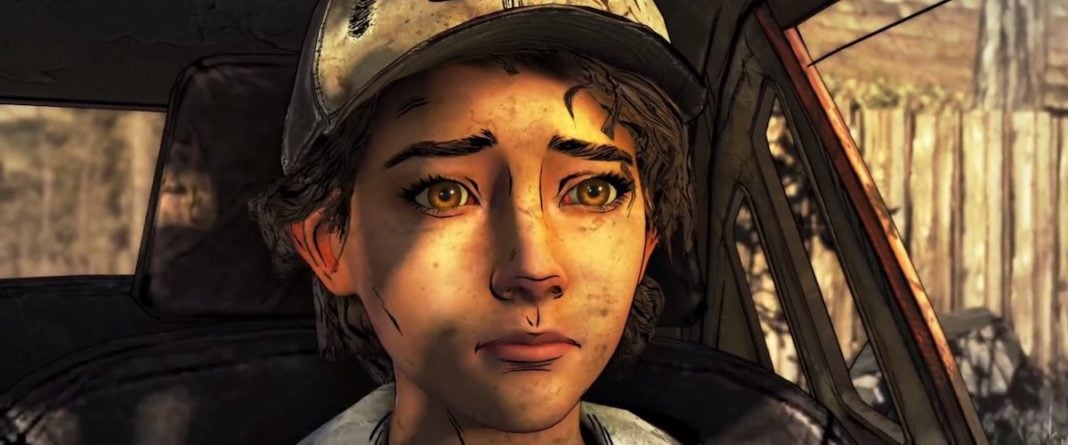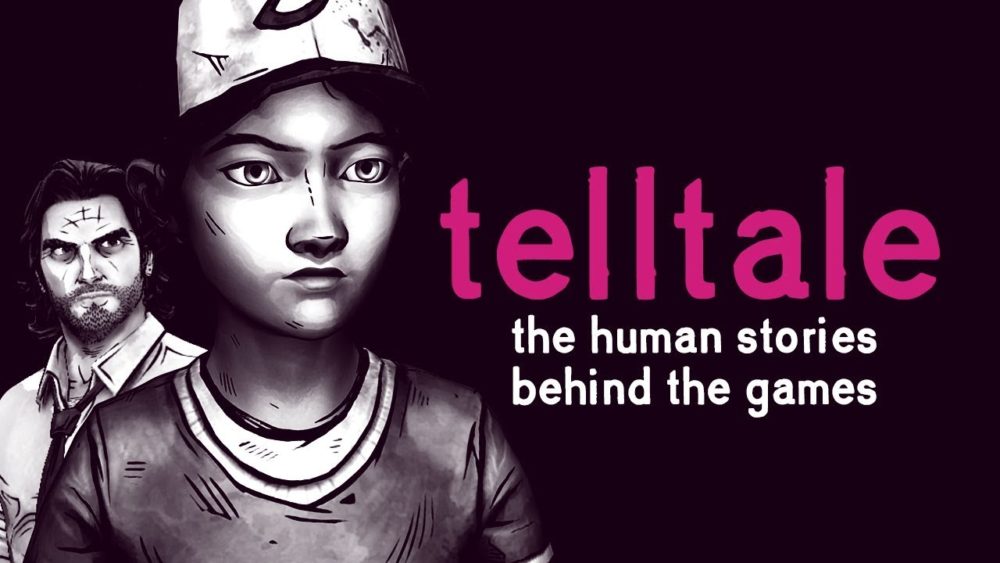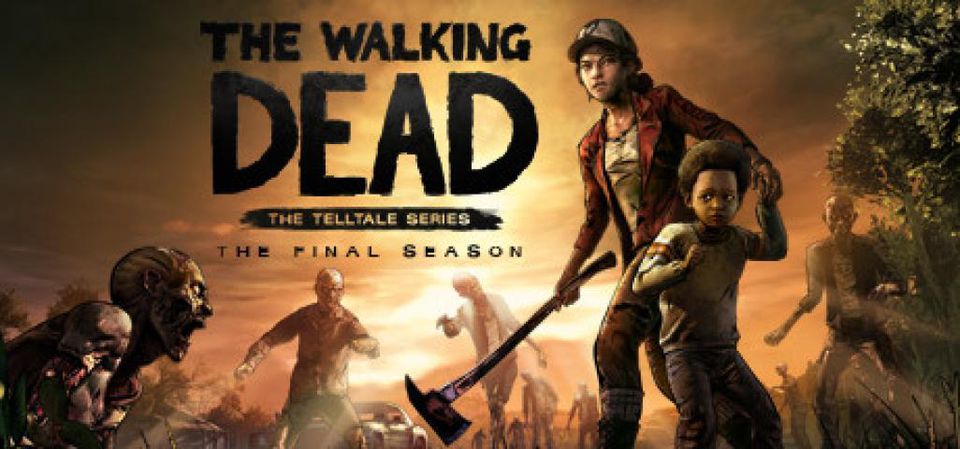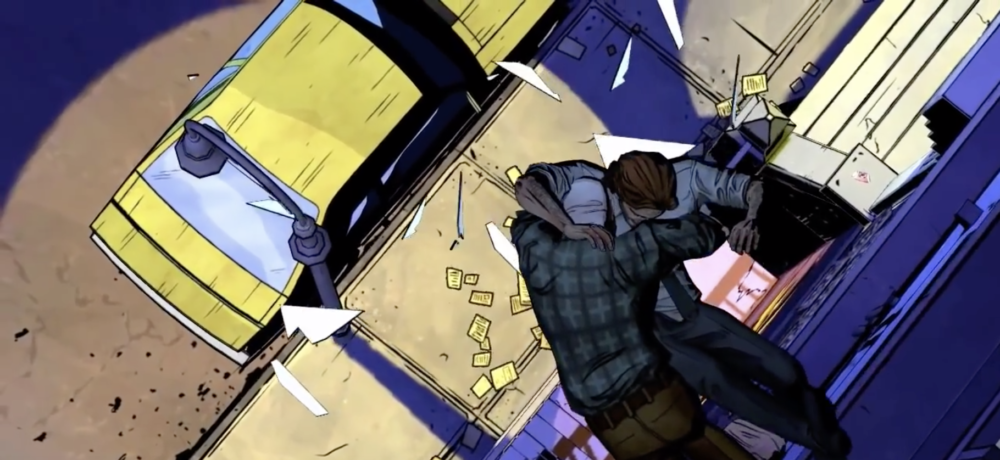Thursday saw a flurry of headlines about the return of TellTale Games, but the reality is far less exciting. The studio behind seminal titles such as The Walking Dead and The Wolf Among Us is dead and buried. The announcements across games media outlets don’t signal a revival of the studio, just a possible future for its name and some of its IP. As games journalist Jason Schrier put it, brands don’t make video games; people do.
The real story is that two veterans of the game industry, Jamie Ottilie and Brian Waddle, obtained the rights to start a company named TellTale Games, and they’re bringing some of TellTale’s backlist with it. The new business retains the rights to TellTale’s Warner Bros. properties Wolf Among Us and its two Batman series, which is good news for comic fans. Beyond that, however, it only seems to hold the rights to the studio’s original (and forgettable) IP. TellTale’s total reliance on external IP means that the company is extremely hindered without the licenses to republish games or make sequels to its most beloved projects.
This isn’t the exciting news fans of narrative games hoped for. In fact, there are some major red flags that are important to take note of when evaluating the future of TellTale and the good or ill it brings with it.
What TellTale’s return (doesn’t) mean for past employees
In interviews last week, all Ottilie and Waddle would say is that “some workers from the original Telltale Games will be offered freelance roles, with full-time positions possible in the future.” They would have been better off saying they had nothing to share at this time.
TellTale’s staff was notoriously overworked, on constant crunch to release new chapters of its games out while studio heads gobbled up new licenses left and right, putting even more pressure on its development team. The only way those employees could have been more taken advantage of is if they didn’t have the protections provided to full-time workers. Working freelance for a company with TellTale on the masthead is a dangerous proposition for any developer.
Plus, the new TellTale will be located in Malibu, 400 miles from its original home in San Rafael. Even if a past staff member were offered jobs that seemed like safe bets (a big if) they would have to uproot their lives to accept a position with
Ignoring all of that, developers with the necessary skills and experience to lead new projects were probably snapped since TellTale’s shutdown last November. The directors of new TellTale games will play critical roles in the business’ success, and it might not even be able to find worthwhile candidates for the job.
All the baggage, none of the magic
The visionaries behind TellTale’s award-winning Walking Dead Season 1 are long gone. Its co-writers Sean Vanaman and Jake Rodkin left to form Campo Santo in 2013. In 2016 the new developer released Firewatch, which in many ways improves on the TellTale formula.
Still, over its 14 years, TellTale fostered new talent in a work environment dedicated to creating that TellTale magic. The NoClip documentary Telltale: The Human Stories Behind The Games features developers who worked their way up the ladder and just started to get new opportunities when the studio closed. For all its faults (and it had more than its share) TellTale was a studio with history and legacy. This new company has none of that, just the pressure and preconceived notions that come with the name TellTale.
Future projects
TellTale was developing a new game engine when it folded last year. Its last project, Walking Dead: The Final Season, was meant to retire the engine fans complained about for years. The new engine was in the works when TellTale closed, but we have no idea if development will resume or if Ottilie and Waddle have other ideas. Truly, we know very little about their technical prowess and even less about their storytelling abilities.
TellTale was in the midst of developing both a second season of The Wolf Among Us and a Stranger Things game when it shuttered. Netflix already moved on to new ventures for Stranger Things. Since TellTale retains the rights to The Wolf Among Us, continuing its progress seems a natural course of action. And it’s hard to go wrong with Batman, so another season starring on the Caped Crusader or other DC heroes seems sensible. Neither will blow the doors off with their sales, but if the new owners expect them to then the new TellTale isn’t long for this world.
The one piece of positive news is that the company plans to reinvent TellTale’s distribution model. In the past, TellTale published new chapters of its titles released as soon as they were completed. That oftentimes meant significant delays between their releases, especially as the studio made deals for more and more projects. Worse, the model meant that developers were in constant crunch mode. As soon as a team finished work on one episode, they were expected to help push out a chapter of another title. The working conditions described by Kotaku and NoClip’s documentary sound nothing short of miserable.
Ottilie and Waddle commented that they’re interested in maintaining an episodic release schedule but with pacing akin to a binge-watching model. They didn’t offer many details, but one way it might work is finishing seasons ahead of time and releasing one a week. Theoretically, that means developers can produce titles in realistic time frames, though that’s no guarantee for an industry renowned for the poor treatment of its employees.
Ottilie and Waddle admit the company will stay small for at least the next six months. The development of new titles, or even resuming progress on projects that were mid-development, is still a ways off. The company’s future is still very much wait-and-see. All fans can do now is hope for quality content under better working conditions, but keep a wary eye on the future of a company with a name as notorious as TellTale Games.











I think Matt is seriously over-estimating how many casual gamers actually care about “crunch culture” and preventing it.
I just hope the games are fun, don’t really care who makes it.
Comments are closed.